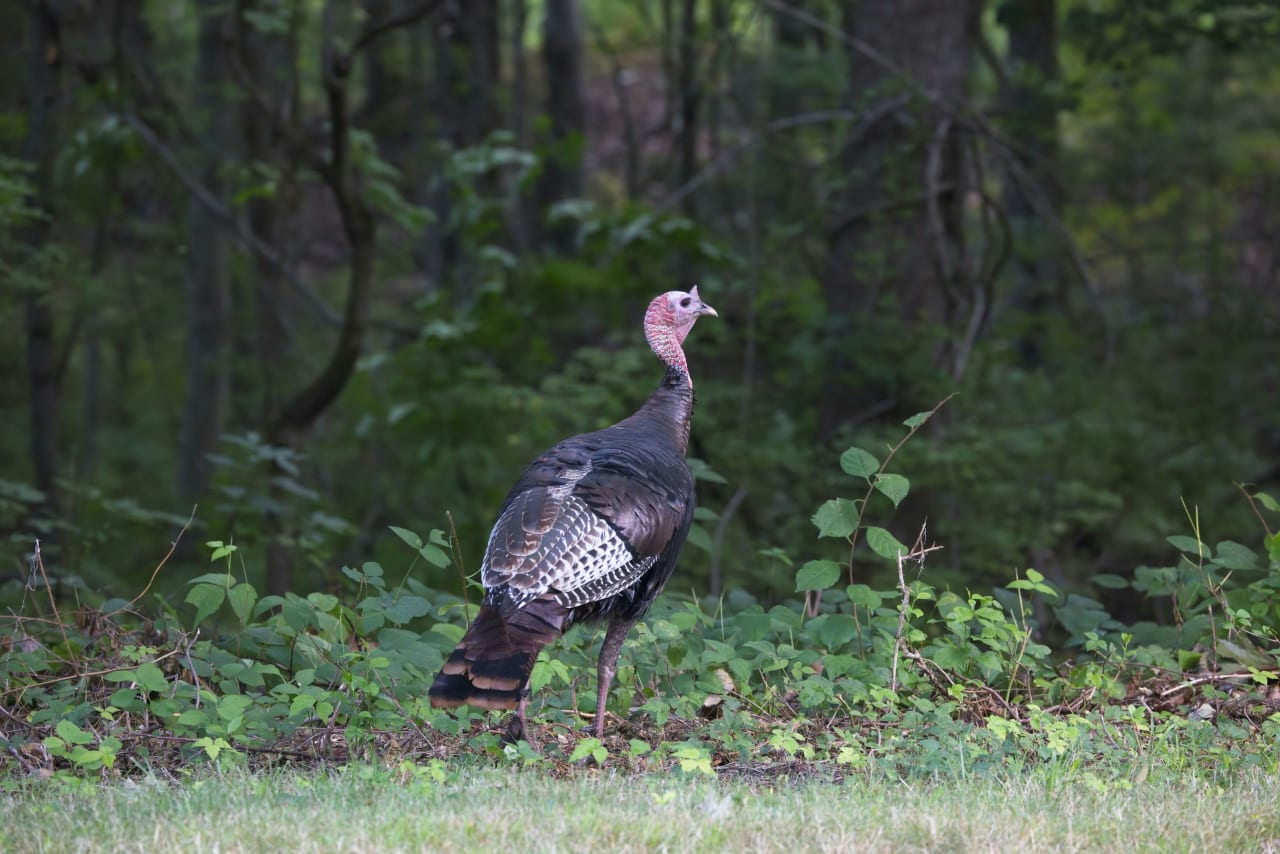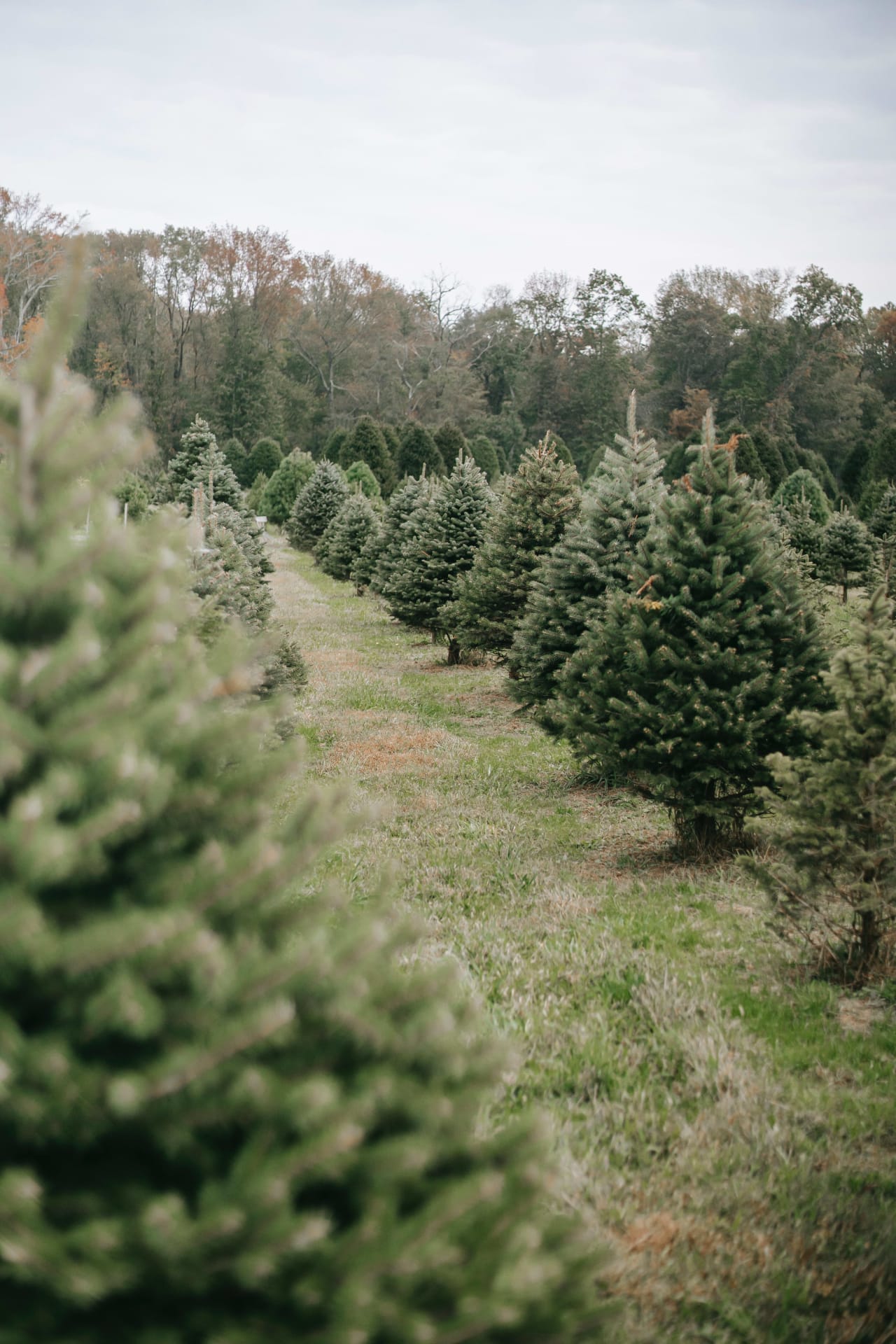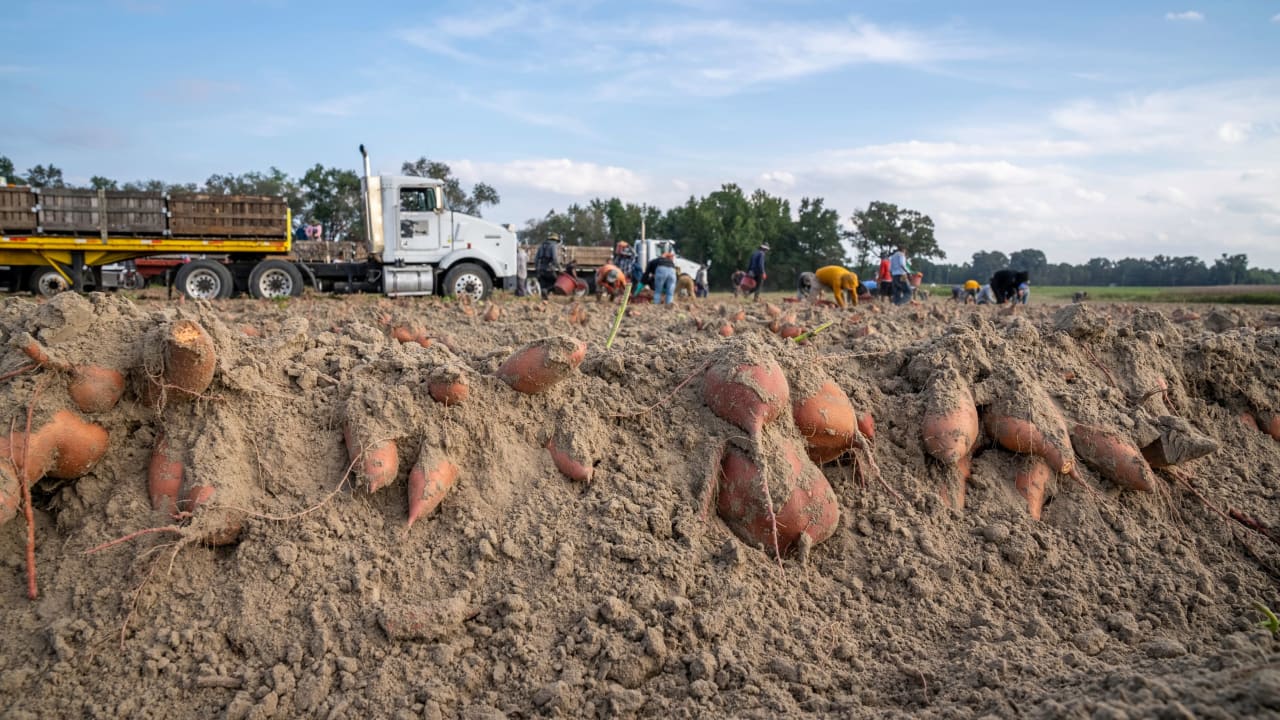North Carolina, a state that is still largely rural with one of the most temperate climates in the nation – we enjoy over 200 days of sunshine per year and average statewide temperatures of a comfortable 56-70 degrees – is an ideal location for anyone seeking to purchase their own horse farm. The process of buying an equestrian property, however, differs substantially from that of buying traditional farmland. In order to avoid the possible emotional and financial toll of dealing with legal issues connected to a property after its purchase, doing your homework beforehand and selecting a Realtor® with as much experience as possible in this area are key to a successful transaction.
Zoning & Covenants
Zoning ordinances, or regulations on the use of land and buildings within a certain geographical area, are designed to protect the public’s health and welfare. By ensuring that property owners adhere to a set of rules mandated by law, zoning restrictions help maintain property values and may also prevent future conflicts between neighbors. In an area of equestrian farms, zoning ordinances might regulate any number of things: whether the property may be used for commercial purposes (training or boarding, for instance); the number of horses allowed per acre; the suitability of the property for spreading manure; how far back fencing and barns must be placed from property lines; and many more important guidelines.
Issues sometimes arise when A) new zoning is proposed by authorities, or B) when property is re-zoned for commercial or residential use, or even C) when one property owner performs some activity on his own lands that might adversely affect his neighbors. When a land owner knowingly exceeds zoning regulations, what comes next, typically, is an appeals process through whatever local body governs that area. This process may be drawn out and costly, involving public hearings, the hiring of legal or other professional advisors, and, perhaps most importantly, garnering the support of neighbors and other locals. Sadly, an appeals process may sometimes even result in failure. In this case, the property owner will have to be satisfied with that outcome and continue to live in the midst of some of the very same neighbors who might NOT have been so supportive of him throughout the appeal.
CCRs (Covenants, Conditions and Restrictions) are regulations placed by a developer over and above any zoning laws that affect that property. A covenant may restrict the size or number of buildings that might be constructed, or it may apply to the size and/or placement of a residence. Although some new property owners may be put off by the idea of rules that guide – and restrict – their activities, the purpose of a set of CCRs is to ensure that standards are put in place that will protect ALL property owners and property values in the region, including their own. Covenants on farms in remote settings are likely to be less restrictive than those closer to more urban areas, as they often apply to larger properties with fewer neighbors. The risk of purchasing a property with few or no covenants, of course, is that neighboring properties are also likely to have that same freedom of being able to “do what they want,” whether this is collecting old junk vehicles, allowing decrepit, unsightly old buildings to fall into even worse disrepair, making an unreasonable amount of noise, or doing anything else that might be considered unacceptable.
The importance of having a Realtor® who is well versed in zoning law and the restrictions that apply in a certain area cannot be overstated. It’s no fun for a potential buyer or a new property owner to find out that certain restrictions exist affecting their future plans or activities. This situation can be avoided, of course, with the guidance of a real estate professional with expert knowledge in buying and selling equestrian properties.
The Importance of a Proper – and Current – Survey
If a survey doesn’t already exist, it is imperative – unless your legal advisor suggests otherwise – that a survey be taken. Oftentimes, especially if a property has been in the same owner’s or family’s hands for years, or even decades, a survey might NEVER have been done; yet imagine the frustration of purchasing a property without a current survey, then having to deal with the nightmare of a property line conflict or an electric company putting up power lines across a field (taking advantage of a utilities easement) down the road.
Ninety-nine times out of a hundred, a lender will require a survey to determine the exact boundaries and features of the land, and to ensure that the loan amount doesn’t exceed the actual value of the property. Besides property lines and easements (when the right to access a certain portion of a piece of property lies with some other entity), a survey will show flood plains and land elevation as well as where future fencing or other improvements – like driveways – might be added, according to local zoning restrictions. The fee paid for a survey is usually included in the buyer’s closing costs, yet it is well worth it; he will almost certainly need this survey if a new home or other buildings are a part of his future plans.












